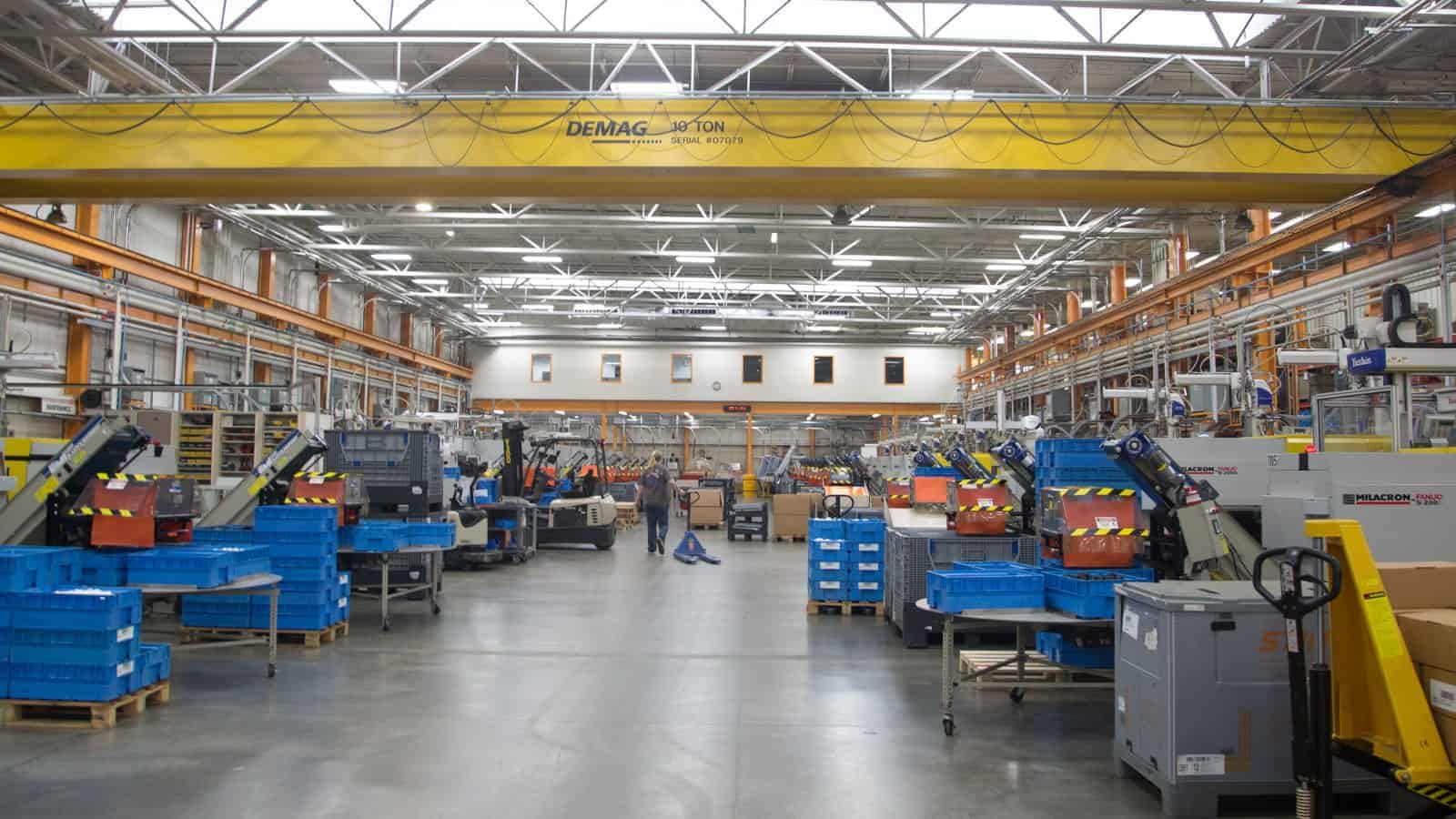Overregulation Hurts Manufacturing

Manufacturing is booming in Ohio, as payrolls swell and economic output in the sector breaks records—but continued success could be in jeopardy if Washington continues its current regulatory onslaught, Ohio Manufacturers’ Association President Ryan Augsburger writes in a recent Cleveland Plain Dealer (subscription) op-ed.
What’s going on: “The latest survey conducted by the National Association of Manufacturers (NAM) finds that U.S. manufacturers’ concerns over federal regulations have reached a six-year high as nearly 100 new major regulations—from 30 federal agencies and offices—threaten jobs and investment,” Augsburger notes.
- In the next year, the Biden administration plans to issue even more regulations—approximately 3,200, including about 280 “major rules” and 1,326 “significant rules.”
- Meanwhile, “More than 63% of manufacturers are spending more than 2,000 hours per year complying with federal regulations, diverting resources that would otherwise go towards employee compensation, new hires and additional investment in U.S. facilities,” Augsburger writes, citing the NAM’s Q2 2023 Manufacturers’ Outlook Survey.
Why it’s important: All these rules will cost manufacturers dearly, according to Augsburger, who highlights a few particularly burdensome regulations, including:
- The Environmental Protection Agency’s proposed particulate matter rule, which is expected to cost “up to $197.4 billion in U.S. economic activity and endanger as many as 973,900 current U.S. jobs”;
- The Securities and Exchange Commission’s proposed climate-disclosure requirement, which the NAM recently advocated against in testimony before the House; and
- The Federal Trade Commission’s proposal to ban noncompete agreements, which 70% of manufacturers use to safeguard their intellectual property.
What can be done: The NAM and the Ohio Manufacturers’ Association have been in contact with the White House to coordinate the designation of a senior adviser, who will work to ensure that the regulations put forth align with President Biden’s promise to promote manufacturing.
The final say: “Time and again, we’ve seen regulatory uncertainty and over-regulation stymie new hiring and kill manufacturing jobs. When the U.S. does not manufacture, investment shifts to other countries that do not share our commitment to environmental stewardship and worker safety,” Augsburger said.
